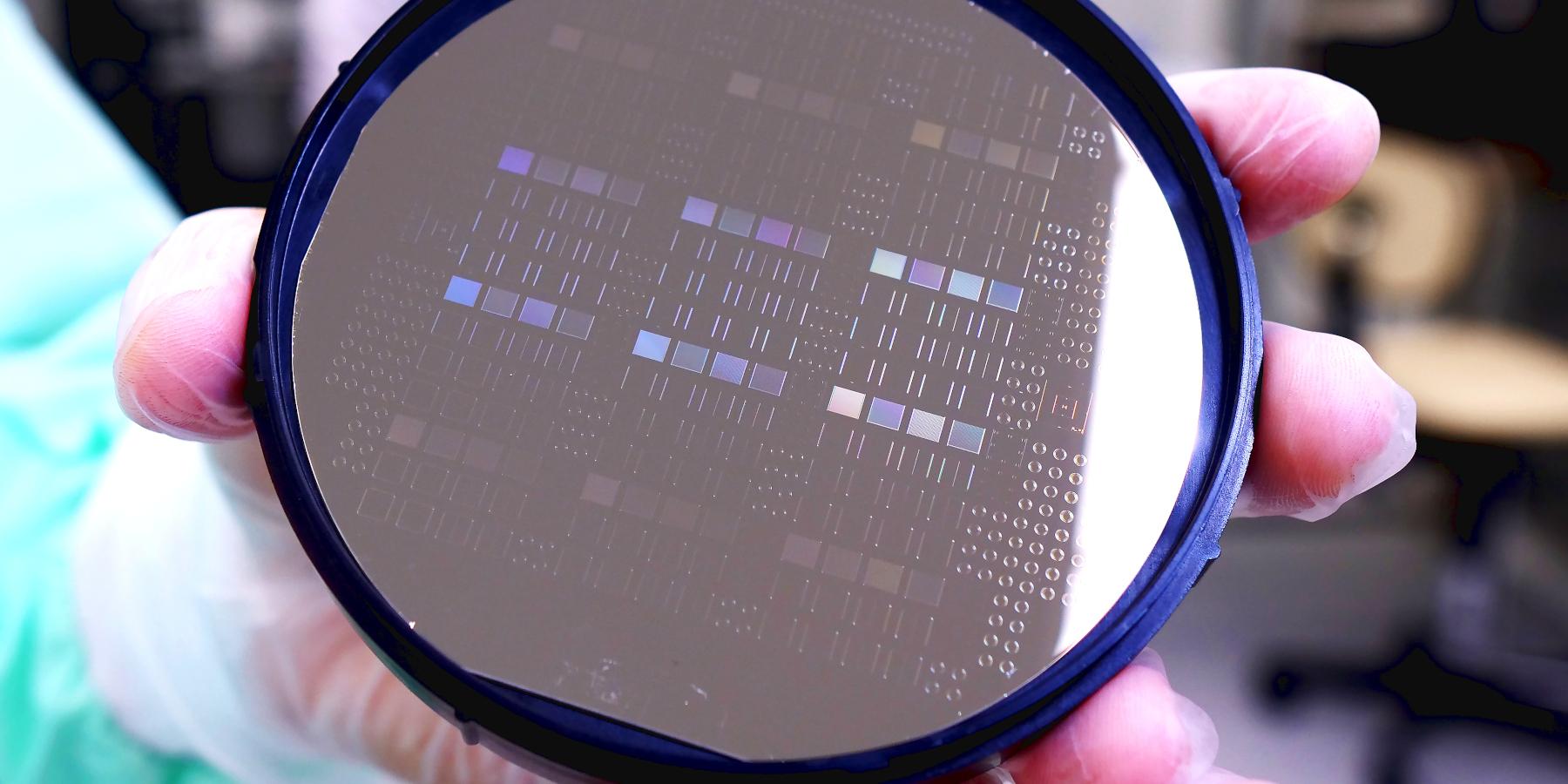The IMB-CNM will develop chips to produce and distribute renewable energy
This project, financed with more than 7 million euros, will improve the semiconductor technology of devices involved in the production and distribution of renewable energy. The objective is to develop new systems based on silicon carbide, a semiconductor almost as resistant as diamond, which could be key in the energy transition.

Wafer with silicon carbide diodes processed at the IMB-CNM Clean Room.
In January, FOR2ENSICS was launched, a European project endowed with more than 7 million euros by the European Union and led by the Institute of Microelectronics of Barcelona (IMB-CNM) of the CSIC. For four years, eight European research centers and companies will work on the development of ultra-high-voltage silicon carbide-based semiconductor devices for use in renewable energy.
"Silicon carbide-based high-power semiconductors are essential for the efficient control and use of all renewable energy-related technologies. Applications range from wind power generation to new transportation technologies (hybrid cars and electrical systems, electric trains, planes and ships), to distribution through smart networks", explains Giulio Pellegrini, project leader and researcher at IMB-CNM.
FOR2ENSICS (Future Oriented Renewable and Reliable Energy SiC Solutions) continues the line of research in silicon carbide: a semiconductor almost as resistant as diamond, with better properties than silicon and that allows reducing the cost of high-power devices, due to which is a key actor in the energy transition. The objective is to develop new systems based on this compound and compatible with renewable energy sources. This requires efficient and compact power converters that can withstand voltages up to 15 kilovolts (kV), although nothing currently exists to accommodate these needs.
In addition, the project seeks to reduce the costs and the environmental impact of the chip manufacturing processes, "using new methods for the growth of materials and the processing of semiconductors", Pellegrini clarifies.
European collaboration for the green transition
The project has eight collaborators from seven European countries. In addition to the CSIC, the companies Hitachi Energy, Deep Concept, SuperGrid Institute and II-VI Kista AB are participating; as well as the universities Universitaet Bremen, Ecole Polytechnique Fédérale de Lausanne and the University of Cambridge.
The IMB-CNM has been involved in the manufacture of devices based on silicon carbide for years. First, with the European project Speed and the development of converters for smart electricity grids. Later, with the design and manufacture of the protection diodes for the photovoltaic cells of the BepiColombo space mission [from the European Space Agency (ESA) and the Japan Space Agency (JAXA)] to Mercury.




